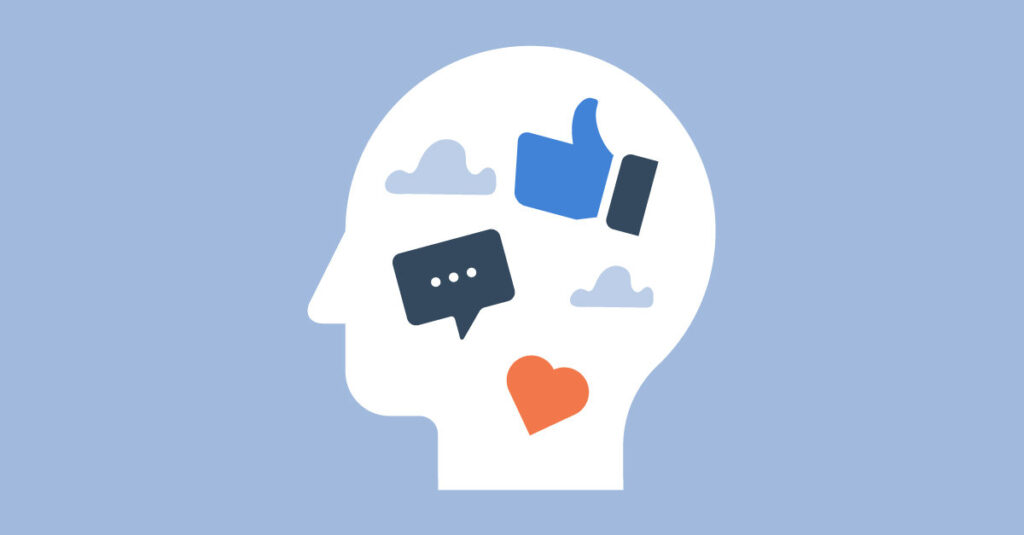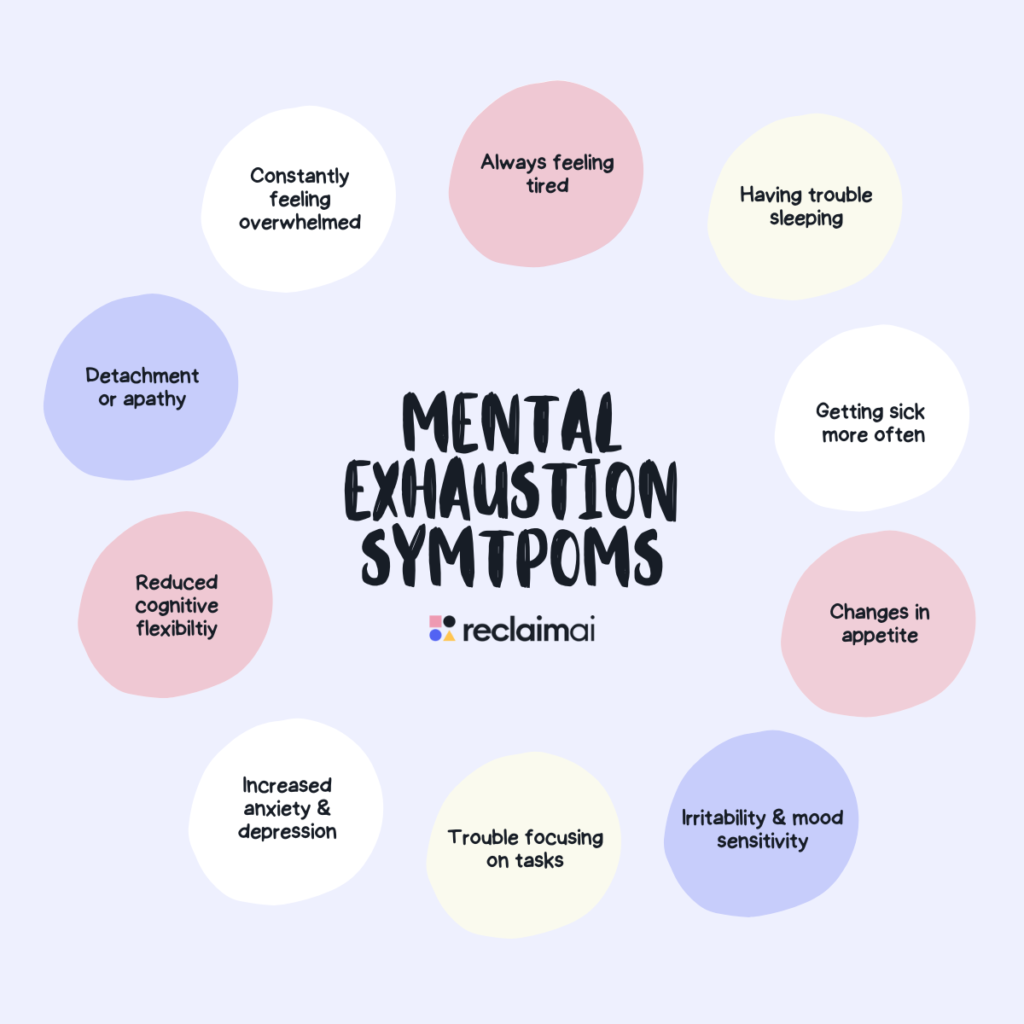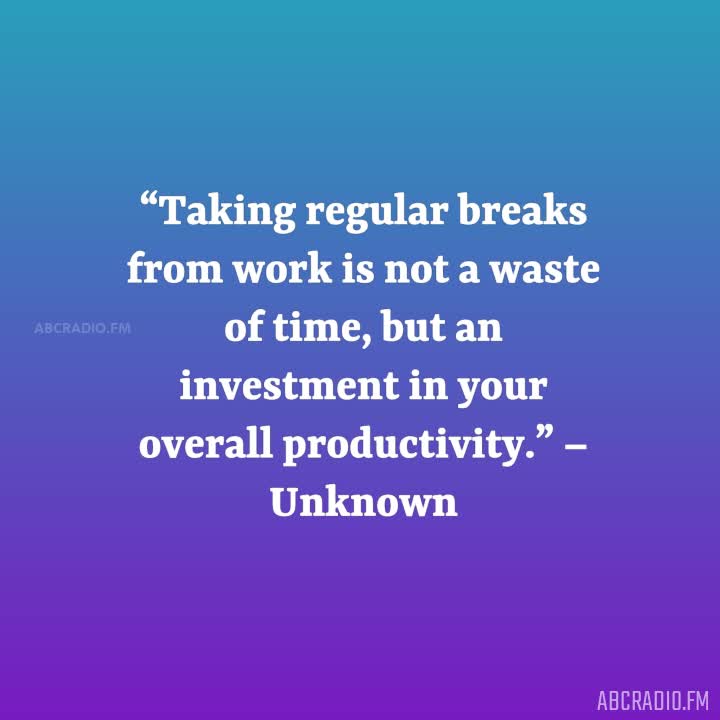In today’s fast-paced work environment, it’s not uncommon to find yourself struggling to stay focused. Whether it’s the constant barrage of emails, the lure of social media, or the general chaos of a busy office, distractions are everywhere. In this article, we cover the common reasons why you get distracted at work and offer practical tips to help you stay focused.
In This Article, We Covered
- Common Reasons for Distractions:
a. Digital distractions,
b. Multitasking,
c. Environmental factors,
d. Mental fatigue,
e. Lack of clear goals, and
f. Personal issues. - Tips to Stay Focused:
a. Creating a distraction-free environment,
b. Limiting digital distractions,
c. Practicing single-tasking,
d. Setting clear goals,
e. Taking regular breaks,
f. Managing personal issues,
g. Using time management tools,
h. Practicing mindfulness,
i. Staying physically active, and
j. Getting enough sleep.
Common Reasons Why You Get Distracted at Work
1. Digital Distractions
The most significant culprit for most people is digital distractions. Your smartphone, with its endless stream of notifications, can pull your attention away from important tasks. Social media platforms, news websites, and even email can cause you to lose focus.

2. Multitasking
Many people believe that multitasking makes them more efficient, but the opposite is often true. Switching between tasks can reduce the quality of your work and increase the time it takes to complete tasks.

3. Environmental Factors
The environment in which you work plays a huge role in your ability to focus. Noisy coworkers, frequent interruptions, and an uncomfortable workspace can all lead to distractions.
4. Mental Fatigue
Your brain, like any other part of your body, gets tired. When you’re mentally exhausted, it’s much harder to concentrate, making you more prone to distractions.

5. Lack of Clear Goals
When you’re not sure what you should be doing, it’s easy to get sidetracked. A lack of clear, actionable goals can lead to procrastination and distraction.
6. Personal Issues
Sometimes, personal problems can seep into your work life, making it difficult to focus. Stress, anxiety, or other emotional issues can be significant distractions.
Enhancing Your Workspace
Creating an optimal work environment goes beyond just reducing noise and clutter. Consider the following tips to further enhance your workspace:
1. Ergonomic Setup
Invest in ergonomic furniture that supports good posture and reduces physical strain. An ergonomic chair, a desk at the right height, and a monitor positioned at eye level can make a significant difference in your comfort and focus.
2. Personal Touches
Personalize your workspace with items that inspire and motivate you. This could be anything from family photos to plants or motivational quotes. A workspace that feels uniquely yours can boost your morale and focus.
Managing Time More Effectively
Effective time management is crucial for maintaining focus. Here are additional strategies to refine your approach:
1. Time Blocking
Time blocking involves scheduling specific blocks of time for different tasks or activities throughout your day. This technique helps ensure that you allocate enough time for important tasks while also providing structure to your day.
2. The Two-Minute Rule
If a task takes two minutes or less, do it immediately. This rule, proposed by productivity expert David Allen, can help you quickly handle small tasks and prevent them from piling up and becoming distractions later.
Boosting Mental Resilience
Mental resilience is key to maintaining focus, especially when faced with challenges or setbacks. Here are some ways to build mental resilience:
1. Cognitive Behavioral Techniques
Practice cognitive-behavioral techniques to manage stress and negative thinking. Techniques such as reframing negative thoughts and practicing gratitude can improve your mental resilience and focus.
2. Continuous Learning
Engage in continuous learning and skill development. Taking the time to learn new things not only enhances your professional capabilities but also keeps your mind active and engaged.
Addressing Environmental Factors
Environmental distractions can be subtle yet impactful. Beyond managing noise and comfort, consider these additional strategies:
1. Sensory Management
Be mindful of sensory inputs like lighting and air quality. Ensure your workspace is well-lit with natural light if possible, and consider using air purifiers to maintain good air quality. A comfortable sensory environment can significantly boost your focus.
2. Establishing Boundaries
Set clear boundaries with colleagues to minimize interruptions. Communicate your need for focused work time and suggest mutually agreeable times for collaboration and social interactions.
Personal Well-being and Work-Life Balance
Balancing personal well-being with work responsibilities is essential for sustained focus. Here are more tips to support your overall well-being:
1. Healthy Eating Habits
Maintain a balanced diet that supports cognitive function. Avoid excessive sugar and caffeine, which can lead to energy crashes. Opt for healthy snacks like nuts, fruits, and vegetables to keep your energy levels stable throughout the day.
2. Social Connections
Foster positive social connections at work. Engaging with colleagues in a supportive and friendly manner can create a more enjoyable work environment, reducing stress and enhancing focus.
Tips to Stay Focused at Work
1. Create a Distraction-Free Environment
Start by creating a workspace that minimizes distractions. This might mean investing in noise-canceling headphones, organizing your desk to reduce clutter, or finding a quiet space where you can work without interruptions.
2. Limit Digital Distractions
Turn off non-essential notifications on your phone and computer. Use apps that block distracting websites during work hours. Consider setting specific times to check your email and social media, rather than keeping them open throughout the day.
3. Practice Single-Tasking
Instead of multitasking, focus on one task at a time. Use techniques like the Pomodoro Technique, where you work for 25 minutes and then take a 5-minute break. This can help maintain high levels of concentration.
4. Set Clear Goals and Priorities
Start your day by outlining your tasks and setting clear, achievable goals. Prioritize these tasks based on their importance and deadlines. This can provide a roadmap for your day and reduce the chances of getting distracted.
5. Take Regular Breaks
Regular breaks are crucial for maintaining focus. Use your breaks to relax and recharge, whether that means taking a short walk, meditating, or simply stretching. This can help prevent mental fatigue and keep your mind sharp.

6. Manage Personal Issues
If personal issues are affecting your concentration, it might help to address these problems directly. This could mean seeking support from friends, family, or a professional. Sometimes, simply acknowledging the issue can reduce its impact on your work.
7. Use Time Management Tools
There are numerous tools available that can help you manage your time and stay focused. Apps like Trello, Asana, or Todoist can help you keep track of tasks and deadlines, while tools like Focus@Will provide music designed to improve concentration.
8. Practice Mindfulness
Mindfulness exercises can help improve your focus and reduce stress. Techniques such as meditation or deep breathing can help you stay present and attentive. Even a few minutes of mindfulness practice each day can make a significant difference.
9. Stay Physically Active
Physical activity is not just good for your body; it’s also great for your mind. Regular exercise can improve your concentration and cognitive function. Whether it’s a morning jog, a midday walk, or an evening workout, staying active can help you stay focused.
10. Get Enough Sleep
Lack of sleep can severely impact your ability to concentrate. Make sure you’re getting enough rest each night to keep your mind sharp and focused during the day. Establish a regular sleep routine and create a restful environment to improve your sleep quality.
Conclusion:
Distractions at work are a common problem, but with the right strategies, you can significantly improve your focus and productivity. By understanding the reasons behind your distractions and implementing these tips, you’ll be better equipped to stay on task and achieve your goals. Remember, staying focused is a skill that takes time to develop, so be patient and persistent. Happy focusing!

